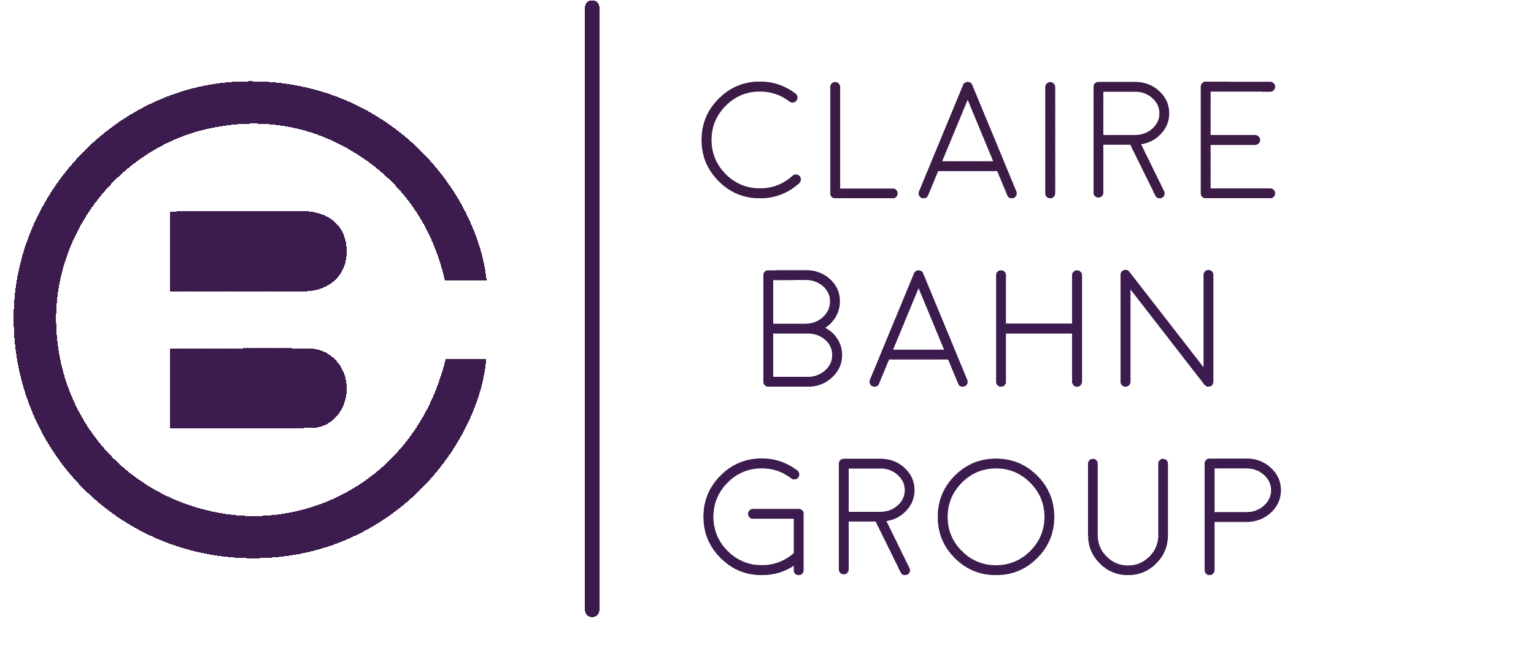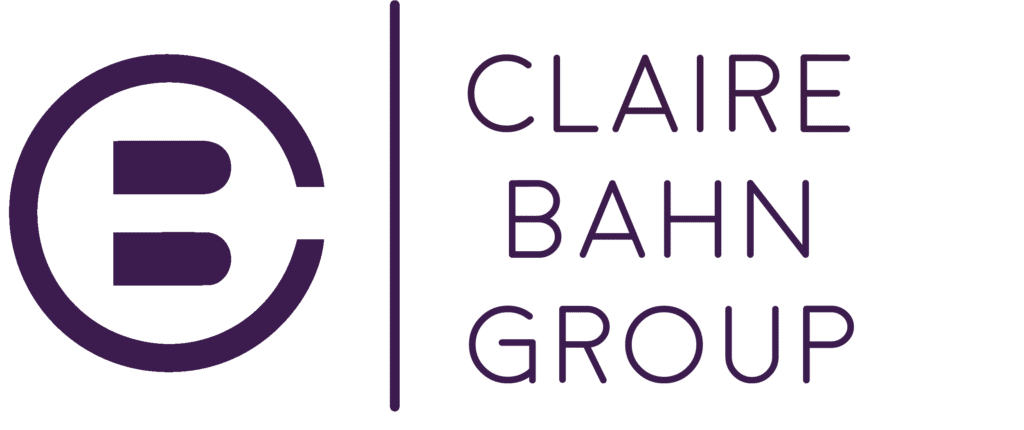What is branding? It’s the process of defining yourself to a target audience. Branding differs from marketing but is still a critical part of any digital communications strategy. Here are the facts you need to know for a killer campaign.
What is branding, and how is it different from marketing? Do you need it for your digital communications strategy, or can you live without it? Today’s economy is volatile and can shift at any moment. You must be ready for your target audience’s requirements or face loss and market backlash.
Advertising yourself or your business can be tricky. There are multiple factors to consider, and not every technique will work. Branding helps you create a message, and marketing determines who’s listening. Meanwhile, marketing also gets that message in front of the right people at the best time. Effective campaigns usually need both.
You can’t expect the target audience to trust your company or find you in a search instinctively. They need relevant information presented from a place of authority, but many ecosystems are oversaturated with options. How do you plan to capture and keep the modern consumer’s attention without a solid digital communications strategy?
Most people want an excellent user experience with interactive and mindful partnerships. Folks don’t appreciate unwanted change, but many seek enhancements and upgrades to their existing goods and services. Present yourself as the best solution to their problems with intuitive branding and digital marketing.
Table of Contents
Branding vs Marketing: What’s the Difference?
What Does Marketing a Brand Involve?
How Are Branding and Marketing Related?
What Is Branding for Individuals?
What Is Branding in Today’s Economy?
What Is Branding for a Digital Communications Strategy?
What Is Branding?
“Branding defines your company, but marketing determines who your customers are.”
Branding plays a crucial role in personal and corporate marketing. It helps individuals and businesses differentiate themselves from the crowd by highlighting their best qualities. Many brands collect data on their target demographic to refine their approach to a market. However, what is branding to an industry already filled with contenders?
Brand creation uses various metrics to satisfy consumer requests and keep up with industry demands. What is branding without establishing a name, a logo, and stated values? It’s merely an idea without an explicit purpose, left vulnerable to competition. Your brilliant concept is worth far more than that.
Personal branding helps put a face to your name while refining your appearance to coordinate with a specific industry. It distinguishes you from other sellers peddling similar goods and services.
“Creating a label for your company is the first step in an effective digital communications strategy, even if an expensive marketing campaign isn’t in the cards.”
To develop a cohesive marketing plan with branding, you must know the answers to the following questions:
- What is branding?
- What is branding compared to marketing?
- How can branding help me target my audience?
- What digital communications strategies should I use?
- Where is my competition headed?
You can create a brand with any characteristic or experience. However, you must market that brand appropriately, or your efforts will be wasted. What is branding without a robust digital communications strategy and marketing technique? It’s usually dead in the water.
Branding vs Marketing: What’s the Difference?
The difference between marketing and branding is vast, although somewhat challenging to understand. The confusion could come from branding and marketing having the same goal. Both processes help increase industry authority and boost consumer confidence. However, what is it compared to marketing, and why do most businesses need both for their digital communications strategy?
Branding is what you do to make your company stand out from the competition. It’s how you communicate your message and provide a quality experience to potential buyers and loyal customers. On the contrary, marketing is how you deliver your brand’s message to convince skeptics of your expertise. The two facets work together to support your objectives and protect your integrity.
Here are some fast facts about what is branding vs marketing:
- Branding consists of developing your public persona for client consideration.
- Marketing is promoting that public persona to the target audience.
- Building a brand involves sharing your personal experience and highlighting credentials.
- Effective marketing includes social media, SEO, email funnels, link-building, and more.
Think of it this way:
“Who will notice if you build a brand around your personality and expertise?”
What people do you want to attract, and how could you improve their lives? Answer those questions to develop a brand, and then decide your digital communications strategy for more effective marketing.
Is Branding Hard?
Personal and corporate branding are complicated processes with multiple moving parts. Experts must develop the best digital communications strategies using a vast network of processes and resources. No two brands are identical, so countless marketing schemes are in the toolbox.
People share messages and recommendations in various ways. Branding and marketing should create a cohesive identity for your company to encourage interactions and establish trust. Your brand must also serve as a reasonable solution to their problems, and your marketing campaigns should reflect that.
What is branding without a coordinated marketing effort? It’s much more challenging than it should be.
“Building a marketing plan without branding is like opening a store with nothing to buy.”
You will attract all the right people, but they’ll have little incentive to return because your shelves are empty and your identity uncertain.
What Does Marketing a Brand Involve?
Marketing your brand with a focused digital communications strategy is not for the faint of heart. It involves collecting data and sharing relevant information on the best channels for maximum exposure. Optimal channeling depends on several factors, including the target audience’s behaviors, preferences, and pain points.
Marketing aims to promote your goods and services, attract more leads, and inspire more conversions. Competitive companies should retool their advertising budgets and schedules to accommodate a custom approach. Generic marketing can waste time and money, making your brand less noticeable to the target audience.
What is branding if you don’t know your market? Better yet, what is marketing if you don’t have a brand? The difference between branding and marketing involves a fine line that overlaps in many areas. However, both digital communications strategies can help segment the audience into digestible chunks for a more significant market share.
DID YOU KNOW: Websites are the second best marketing channel behind social media.
How Are Branding and Marketing Related?
What is branding for an individual or business without an effective marketing strategy to back up their claims? It’s a waste of resources and could damage your company’s reputation.
“People expect to see excellence from a refined brand and want superior services from businesses spending capital on advertising.”
They assume you can meet their needs if you can allocate funds for marketing.
Brand builders use carefully collated data to determine specific metrics and present your brand as the best in the biz. They can highlight particular attributes and experiences while shrinking the effects of career development. Expert agencies can also help with reputation management, protecting your brand from negative reviews and industry upheavals.
Branding and marketing are related in multiple ways, including their overall goals. You can’t have one without the other and still enjoy success. Both processes are fundamental elements of a digital communications strategy regardless of evolving market trends or company size. Brand a business or a personality with a customized approach.
FACT: You can use a clever digital communications strategy to transform negative feedback into profitable momentum.
What Is Branding for Individuals?
Personal branding uses your unique style and value system to create a recognizable label for sales and discussions. Specialists can help showcase specific qualities and credentials to align an individual with rare career goals.
Ready to get started? Your personality is unlike anyone else’s, and your experiences are just as unique. These are some of the things you can achieve with tailored personal branding and digital communications strategy:
- Define and Claim Your Identity
- Influence Public Opinion
- Express Authority
- Quash the Competition
- Produce Positive Impacts
- Establish a Network
- Share Your Talents
- Grow Your Business
What is branding for an individual vs a corporation? The primary difference is the focus. Corporate branding centers on the company as a whole. In contrast, personal branding zooms in on the person or team behind the curtain. You can use it for a business and create a separate entity for the CEO.
Perhaps your executive team features members with diverse portfolios. Personal branding can help them share those talents and resources with like-minded people or concerned audiences. Meanwhile, their private business will not interfere with corporate interests because they’re separated by definitive branding.
Personal branding is perfect for entrepreneurs in the modern world. It gives them an identity without threatening their professional endeavors. What is branding if not an investment in your future?
What Is Branding in Today’s Economy?
Branding in the modern economy involves multiple processes to express individual or company values. However, responsible brands must also consider social factors and trends to ensure DEI compliance. Today’s corporate ecosystem evolves quickly and moves toward equity and diversity. Building a brand around target audiences under those conditions can be tricky.
Experts require a wise digital communications strategy for branding and marketing purposes. They need relevant, real-time information about the audience and their expectations. Branding helps entities define their parameters, and marketing helps expand their horizons.
Not sure whether to work on your business, brand, or marketing strategy first? Here are five fascinating statistics to consider:
- People interacting with your company via email convert on forms more often than people who find you through search engine advertising.
- Modern consumers are nearly four times more likely to shop and buy from eco-friendly, sustainable, or DEI-compliant brands.
- Most shoppers complain about inconsistent brand messaging, especially in widespread marketing campaigns.
- Over half of all corporate decision-makers claim to spend more than an hour each week reviewing thought-leadership content from startups and established brands.
- About 78% of social media sellers enjoy increased profits because of the targeted exposure.
The modern economy demands sleek branding for distribution. A refined and tailored brand with an excellent digital communications strategy can boost marketing and turn your business into an icon. What is branding without the other pieces of the pie? It’s unfulfilling and generally unsuccessful.
What Is Branding for a Digital Communications Strategy?
Branding for a digital communications strategy means implementing the latest technology to encourage interactions. It can also involve automation such as robo-advisors, chatbots, and advertisement scheduling. The modern world leaves plenty of room for marketing innovation, even for those on a tight budget or short deadline.
Talk to a reputation management firm to determine how you could boost brand recognition and industry authority. Mark your goals and then consult an expert to calculate the best path. Your branding, marketing, and digital communications strategy should coordinate and elevate your company.
DID YOU KNOW: More than a quarter of businesses report increased success after embracing new trends and rebranding?
Conclusion
What is branding without a digital communications strategy? It’s a potential risk of reducing brand recognition and industry authority. Your reputation must align with consumer expectations, or you’ll find behind the competition.
Understanding the difference between marketing and branding is essential. Most successful companies can’t have one without the other. Their processes frequently overlap and support similar objectives. However, branding is who you are, and marketing is what you do about it. Talk to a reputation consultant to learn the ropes and get a customized plan.



